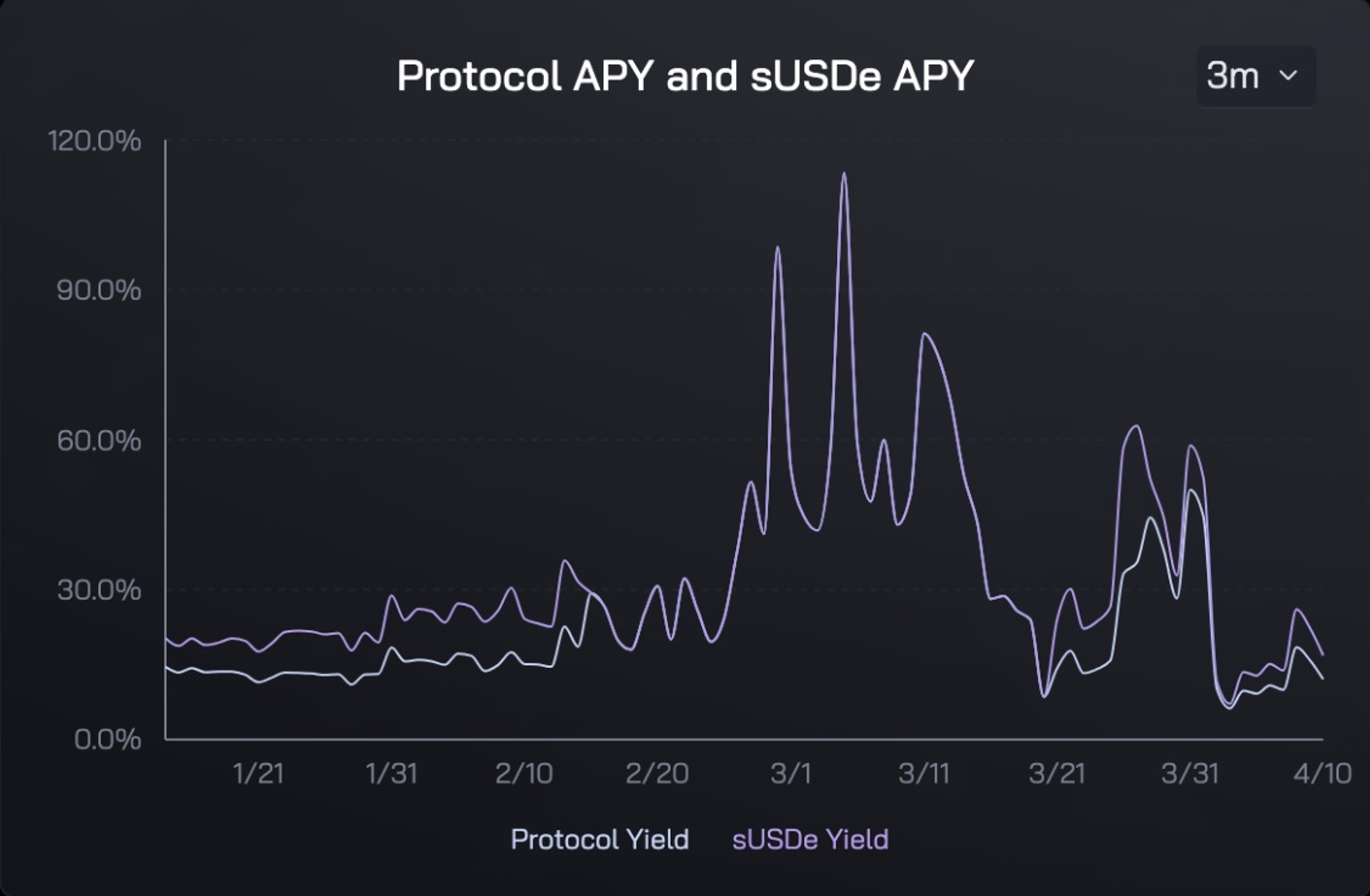#410: “Zero-Cost” Content Creation Is Coming For The Music Industry, & More
1. “Zero-Cost” Content Creation Is Coming For The Music Industry

Emerging generative AI tools are revolutionizing content creation in ways that could result in “zero-cost” production across various content media. Last week, the AI song-creation platform Udio launched its Beta product, capturing the attention of music industry experts, artists, and technologists. With a simple text prompt on Udio, anyone can create, remix, edit, or extend 30-second music clips.1
AI-enabled song-creation seems poised to disrupt the music industry. For streaming giants like Spotify and Apple Music, tools like Udio present both threats and opportunities. By lowering the barriers to music creation, Udio could enable new distribution channels and add to the supply of music. That said, Spotify and Apple Music might harness tools like Udio and create their own AI-generated music—perhaps their own AI-creation tools, too—cementing their market leadership positions in music.
Benefiting creators, AI tools like Udio could lower the barriers to entry in the music industry, enabling people without formal music backgrounds to create music and new markets. Given the industry’s copyright and licensing strictures, platforms currently police what music can and cannot be played. Creators could gain more control of the process in real time with AI-enabled music—anywhere, any time.
2. An Update Of OpenAI’s GPT-4 Turbo Boosts Coding And Mathematics Capabilities

Last week, OpenAI released an updated version2 of GPT-4 Turbo with improved mathematical and coding capabilities. On HumanEval, a benchmark that evaluates model performance on Python coding tasks, GPT-4 Turbo now scores 88.2%, well above GPT-4's original score of 67% in March 20233 and Anthropic's Claude 3 Opus coding score of 84.9% in March 2024,4 as shown below. Claude 3 still has a minuscule lead in general knowledge tasks, scoring 86.8% on MMLU compared to GPT-4 Turbo’s 86.7%.
.png)
Source: ARK Investment Management LLC, 2024. This ARK analysis is based on a range of external data sources, as of April 14, 2024, which may be provided upon request. For informational purposes only and should not be considered investment advice or a recommendation to buy, sell, or hold any particular security. Past performance is not indicative of future results.
Models that acquire the tools, infrastructure, and reliability necessary to generate more complex software could help enterprises build their own custom software tools and migrate away from Software as a Service (SaaS) vendors. Competition could accelerate the revenue growth of infrastructure providers like Databricks and foundation model companies like OpenAI and Anthropic.
As enterprises increase their use of large language models (LLMs) to create customized software tools, ARK’s research5 suggests that productivity-enhancing software could generate $13 trillion in revenue by 2030, of which roughly $3 trillion would flow through to the foundation model and SaaS infrastructure layer of the value chain.
3. Scientists Are Using Generative AI To Fight Antibiotic-Resistant Bacteria

Advances in generative AI are transforming many scientific research processes. Drug discovery is a case in point. In March, scientists from Stanford University and McMaster University designed6 a new generative AI model—“SyntheMol”—that can generate billions of synthesizable molecules with antibiotic activity. Already, the team has identified two antibiotic drugs that target the deadly, antibiotic-resistant bacteria Acinetobacter baumannii, which causes infections in the blood, urinary tract, lungs, and wounds.7
Using a molecular property prediction model whose results can feed directly into SyntheMol, the researchers identified 132,000 molecular building blocks with antibiotic activity that inhibits the growth of Acinetobacter baumannii. The researchers then trained SyntheMol to design molecules with antibiotic activity using the 132,000 molecular building blocks, alongside 13 validated chemical reactions, ultimately filtering the molecules through another downstream algorithm to select those with distinct non-toxic structures that prevent resistance.
The team synthesized 58 of the final molecules and found six with antibiotic activity, two of which seemed safe when tested in mice. The researchers analyzed the entire pipeline—from curating the training dataset to experimental validation—in just three months instead of years.8 SyntheMol already is highlighting the power of generative AI in the discovery of antibiotics and could prove useful in identifying combination drugs that overcome the drug resistance of cancerous tumors.
4. Ethena Labs’ New Delta-Neutral Stablecoin Is Raising Eyebrows

An innovative new stablecoin inspired9 by former Bitmex founder and investor, Arthur Hayes, is attracting significant interest in the digital assets industry. Since the Terra Luna collapse in early 2022, investors have been hesitant to back experiments with stablecoins.
Now Ethena Labs is changing10 that dynamic. The project secured11 $14 million USD seed funding, launched its product in March, and has amassed ~$2.4 billion USD in assets.12 The team leverages a “delta-neutral” mechanism that uses liquid staking derivatives of Ethereum (ETH) to collateralize a short position in the same asset on a perpetual futures exchange and mint USDe. USDe represents the tokenized dollar value of that position.
Perpetual futures are derivatives—like traditional futures, but without an expiration date. To ensure that contract prices align with the real-world value of the underlying spot asset, funding rates help adjust the market toward the spot price and prevent prolonged price divergences. Historically, crypto industry funding rates have been positive, indicating that long positions—with rising price expectations—often pay short positions—betting on a price drop—to maintain their positions.
Ethena capitalizes on those dynamics by being on the short side of the trade, benefiting from funding payments that can exceed 100% annual percentage yield (APY) during bull markets. The scale and potential consequences of employing the delta-neutral strategy—particularly in turbulent and volatile markets—have raised concerns13 among experts and investors.
Even so, the high yield from this basis trade, currently offering returns of 18%+, has attracted many users and DeFi protocols that leverage Ethena Labs’ stablecoin to generate revenue. The high yield is extremely attractive14 relative to those of other stablecoins, especially15 during more lucrative periods, as shown below.

Source: Ethena 2024. Note: Users in the United States presently are geoblocked from accessing the Ethena app. For further details, please see specifications under point “#6: USDe Censorship Resistance” at https://ethena.notion.site/Ethena-FAQs-3ccc1437e13343f8b74c0d005e4f5128. For informational purposes only and should not be considered investment advice or a recommendation to buy, sell, or hold any particular security. Past performance is not indicative of future results.
1 Grous, N. 2024. "🤯 costs are heading to zero...” X.
2 OpenAI. 2024. “openai/simple-evals.” GitHub.
3 OpenAI et al. 2023. “GPT-4 Technical Report.” arXiv.
4 Anthropic. 2024. “Introducing the next generation of Claude.”
5 ARK Investment Management. 2024. “Big Ideas 2024.”
6 Swanson, K. et al. 2024. “Generative AI for designing and validating easily synthesizable and structurally novel antibiotics.” Nature Machine Intelligence.
7 Centers for Disease Control and Prevention. 2024. “Acinetobacter in Healthcare Settings.”
8 Liszewski, K. “Drug Discovery: Successful Lead Optimization Strategies.” Genetic Engineering and Biotechnology News.
9 Hayes, A. 2023. “Dust on Crust.” BitMEX Blog.
10 Knight, O. 2024. “Ethena Labs' USDe Stablecoin Divides Opinion as High Staking Yields Stir Memories of Terra's Demise.” CoinDesk.
11 Pereira, A.P. 2024. “Ethena Labs secures $14M in funding for synthetic dollar.” CoinTelegraph.
12 Based on data from DeFiLlama as of April 12, 2024.
13 Hasu⚡️🤖. 2024. "IMO, the risk of Ethena is greatly overexaggerated…” X.
14 Choi, J. 2024. "Spoke to 400+ companies…" X.
15 Hayes, A. 2024. "Congrats @ethena_labs on a successful TGE…” X.


